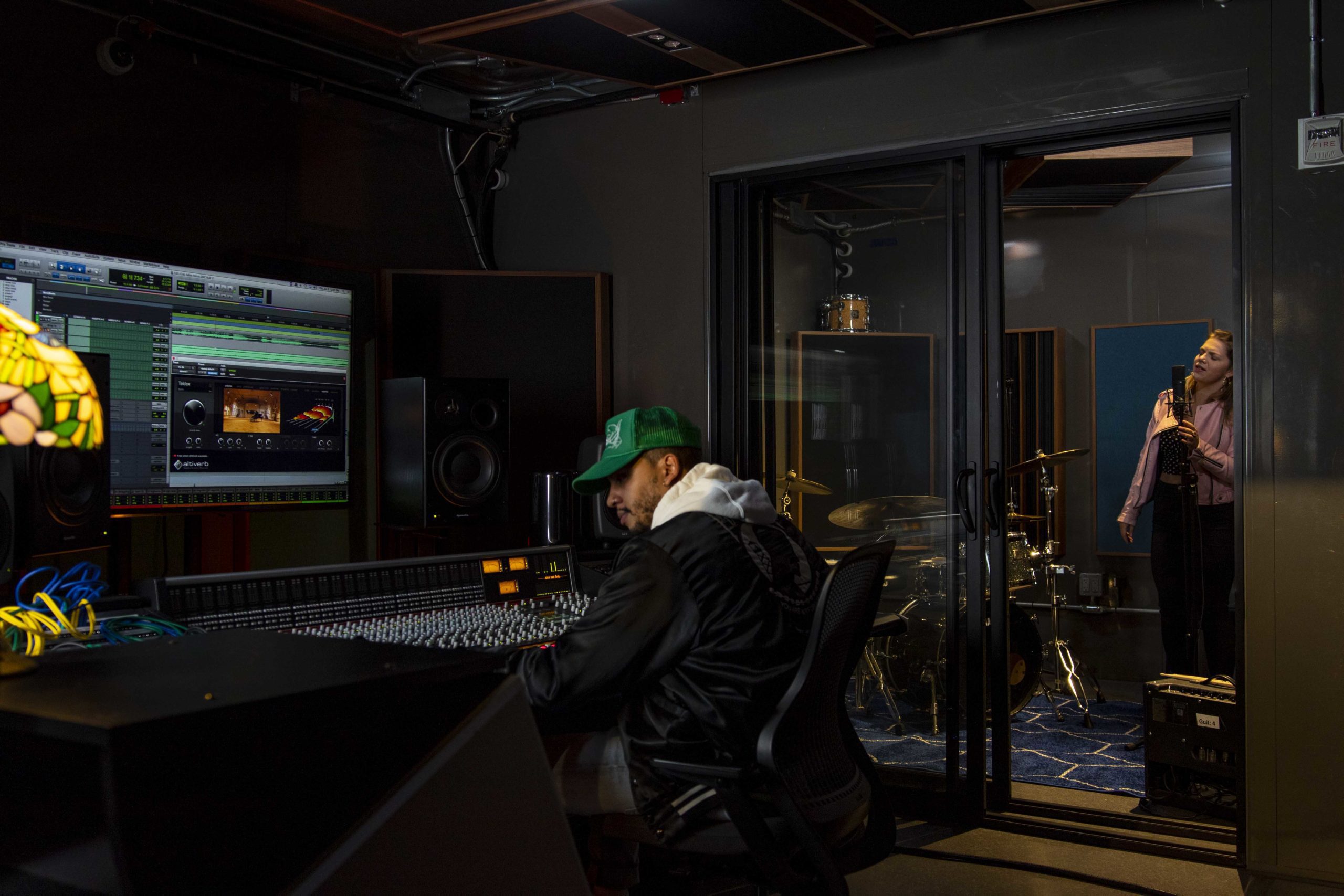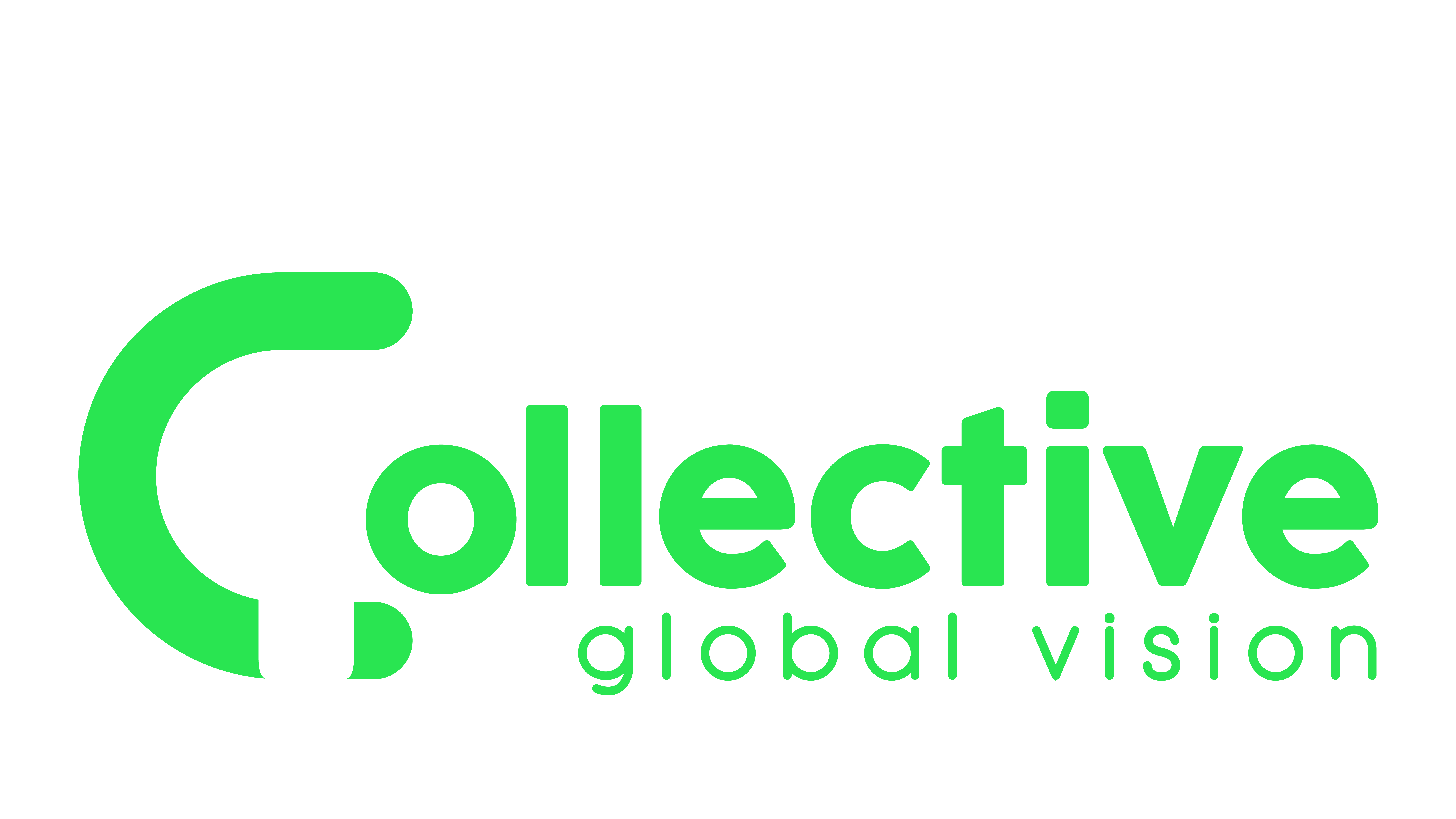Career Advancement Certificate in Studio Engineering
2-Quarter Program (20-weeks)
For aspiring studio engineers who want a well-rounded and practical education in studio engineering

Career Advancement Certificate in Studio Engineering
Take the next step in your career as a studio engineer at The Collective Global Vision. The Career Advancement program prepares you with all the fundamentals you need to work in the music industry.
Small Class Environment
Get extra individualized attention from NYC’s top producers and teachers with a 5-to-1 student-to-teacher ratio.
Professional Recording Studio
Learn your craft on our 48-channel SSL console with outboard gear and iso booths.
Collaborations with Pros
Get in the studio with NYC-based vocalists, instrumentalists, and producers.
Program Cost
$13,125
By the end of your program you will be able to:
Engineer using industry-standard DAWs
Learn Ableton Live or Logic Pro
Operate and understand the signal flows of professional recording studios
Get experience using a 48-channel Analog/Digital SSL Console and pro-grade outboard gear
Use innovative and time-tested recording techniques
Use digital, analog, and combined signal flows
Apply music theory to your creative workflow
Communicate your ideas to other musicians and work more efficiently
Use industry-standard engineering, mixing, and mastering techniques
Communicate your ideas to other musicians and work more efficiently
20 Weeks
of well-rounded music education
132 Hours
of guided learning with a music industry professional
Daily
access to the facility and production gear
Weekly
networking and workshop events
Your Curriculum
PIANO FOR PRODUCERS (ONLINE)
APPLIED THEORY (ONLINE)
STUDIO RECORDING I: Explore the fundamentals of multitrack recording techniques and technology in Studio Recording I. This course covers the principles of sound recording, microphone placement, signal flow, and mixing. Students will gain hands-on experience in creating, editing, and mixing multitrack recordings, preparing them for professional audio production environments.
INTRODUCTION TO PRO TOOLS: Introduction to Pro Tools is a course designed to equip students with the fundamental skills and techniques needed for studio engineering. This course covers essential topics such as navigating the software interface, understanding basic audio and MIDI concepts, and utilizing the DAW’s powerful recording capabilities. Students will learn to use the software to record & track a variety of instruments, exploring different genres and production styles. Through hands-on projects and practical exercises, this course aims to develop both technical proficiency and creative confidence, providing a solid foundation for both producers and musicians.
DIGITAL ENGINEERING: Digital Engineering focuses on harnessing the full potential of digital audio workstations for mixing and mastering projects across a variety of genres. This course emphasizes the use of native DAW tools, built-in effects, and third party plugins to achieve professional-quality results from the versatile, mobile studio contained within a laptop computer. Students will cover EQ, compression, limiting, reverb, delay, and other native effects, as well as techniques for creating depth, width, and clarity in mixes using stock tools. Through hands-on projects ranging from electronic to folk music, students will develop proficiency in efficient workflow strategies, problem-solving within the digital domain, and maximizing the sonic potential of “in the box” mixing and mastering.
MIX ENGINEERING: Mix Engineering is a comprehensive course that equips students with the skills and knowledge necessary to create professional-quality audio mixes. Bridging theory with hands-on practice, this course covers advanced techniques in balancing, equalization, dynamics processing, and spatial effects using industry-standard equipment and software. Students will develop critical listening skills, learn mix analysis, and master problem-solving strategies for common mixing challenges. The curriculum emphasizes both technical proficiency and creative decision-making, teaching students to enhance the emotional impact of music through mixing. Through practical assignments and real-world projects, students will explore mix architecture, signal flow optimization, advanced EQ techniques, dynamic range control, creative use of effects, stereo imaging, and mix bus processing.
APPLIED THEORY (ONLINE)
STUDIO RECORDING II: This advanced course focuses on capturing high-quality recordings of various instruments in a professional studio environment. Students will learn to select and utilize appropriate microphones, preamps, compressors, and equalizers to achieve optimal sound for different instruments and genres. The course covers advanced techniques for recording drums, guitars, bass, vocals, and acoustic instruments, with emphasis on signal chain optimization and creative use of analog hardware. Students will gain hands-on experience with outboard equipment, learning how to integrate these tools with digital workflows . Topics include parallel compression, hardware summing, and tape saturation techniques. Students will develop critical listening skills and learn to make informed decisions about equipment selection and signal processing to achieve professional-grade recordings.
PRODUCING IN THE DIGITAL AUDIO WORKSTATION I: Producing in the Digital Audio Workstation is an introductory course designed to equip students with the fundamental skills and techniques needed for music production using either Ableton Live or Logic Pro. This course covers essential topics such as navigating the software interface, understanding basic audio and MIDI concepts, and utilizing both DAW’s powerful built-in instruments and effects. Students will learn to create, arrange, and mix their own tracks, exploring various genres and production styles. Through hands-on projects and practical exercises, this course aims to develop both technical proficiency and creative confidence, providing a solid foundation for both producers and musicians.
ANALOG ENGINEERING: Analog Engineering is an advanced course that immerses students in the world of conventional analog mixing consoles, with a focus on Solid State Logic (SSL) systems. This course provides interactive experience with professional-grade analog equipment, bridging the gap between digital workflows and traditional studio techniques. Students will study signal flow, routing, and processing using SSL’s renowned analog summing and dynamics capabilities. The curriculum covers console topology, inline signal path architecture, and the nuanced application of SSL’s iconic EQ and compression. Emphasis is placed on developing critical listening skills in an analog environment, making informed decisions about gain staging, and leveraging the unique sonic characteristics of SSL consoles. Through practical sessions and multi-track mixing projects, students will learn to craft cohesive, professional mixes that showcase the warmth, depth, and clarity associated with high-end analog processing.
MASTERING THE MIX: Mastering the Mix is an advanced course that builds upon the foundation laid in Mix Engineering, focusing on the crucial final stage of music production. This course delves into the art and science of audio mastering, teaching students how to polish and finalize mixes for commercial release. Students will learn to use specialized mastering tools and techniques to achieve optimal loudness, tonal balance, and stereo imaging across various playback systems and formats. The curriculum covers critical listening in a mastering context, analog and digital signal processing, dynamic range management, mid-side processing, and metadata implementation. Students will also explore the role of mastering in maintaining consistency across an album, addressing specific genre requirements, and preparing audio for different distribution platforms.

